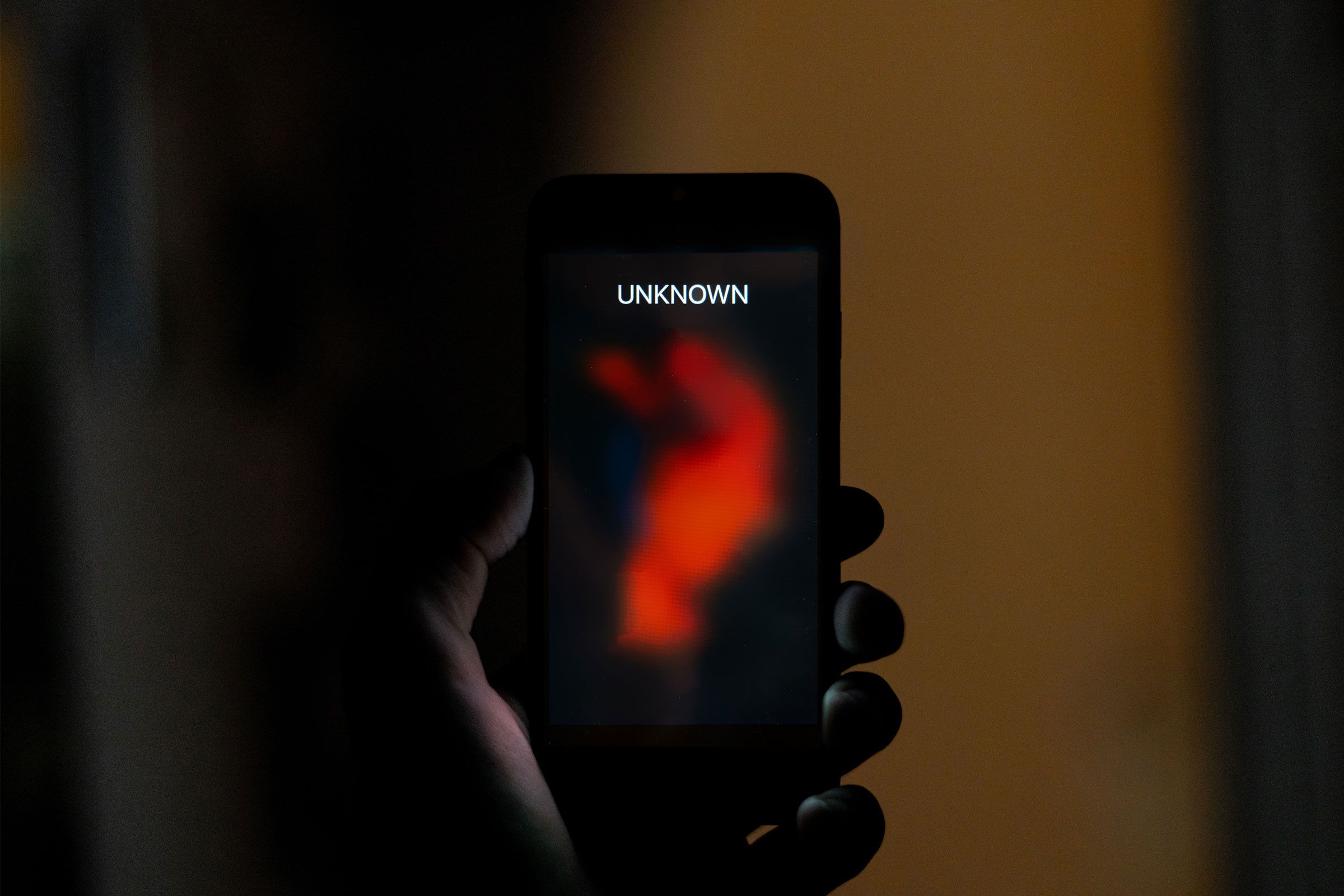How to Protect Yourself From Phone Searches at the US Border
How to Protect Yourself From Phone Searches at the US Border
In recent years, there has been an increase in the number of phone searches conducted by border officials at the US border. These searches can involve accessing your personal data, including messages, photos, and other sensitive information stored on your device. Protecting yourself from these invasive searches is important to maintain your privacy and protect your data.
Here are some tips to help you protect yourself from phone searches at the US border:
- Encrypt your device: Make sure your phone is encrypted to prevent unauthorized access to your data.
- Use a strong password: Set a strong password or passcode to lock your phone and prevent easy access.
- Enable biometric security: Consider using biometric security features such as fingerprint or facial recognition to protect your device.
- Backup your data: Backup your data regularly to a secure cloud storage or external drive in case your device is confiscated or damaged during a search.
- Avoid carrying sensitive information: Delete any sensitive information or personal data that you don’t need while traveling to minimize the risk of exposure during a search.
- Travel with a clean device: Consider traveling with a secondary device that has no personal data or information stored on it to use during border crossings.
- Seek legal advice: If you believe your rights have been violated during a phone search at the US border, seek legal advice from a qualified attorney.
- Know your rights: Familiarize yourself with your rights at the border and understand what border officials are legally allowed to do during a search.
- Be prepared: Be prepared for a phone search by having a plan in place to protect your data and privacy.
- Report any misconduct: If you experience any misconduct or abuse during a phone search at the US border, report it to the appropriate authorities.
By following these tips and being proactive in protecting your data and privacy, you can reduce the risk of having your personal information exposed during a phone search at the US border.


